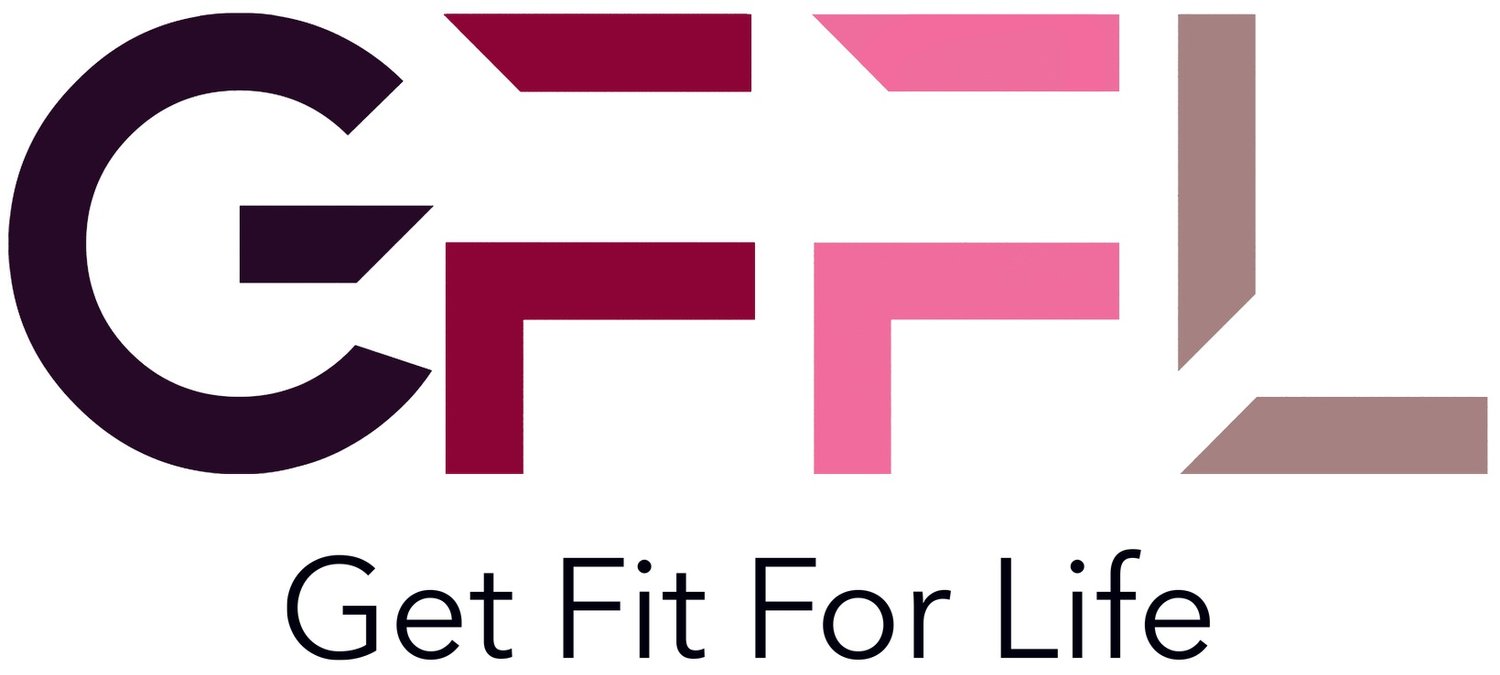How Nutritional Needs Change As You Age
Aging brings changes in our bodies, affecting nutrient needs and food preferences. We may experience loss of muscle mass, reduced nutrient absorption, weakened immunity, gastric issues, and decreased taste and smell sensitivity are common. To maintain health, it's crucial to balance energy output (exercise) and intake (food), ideally with guidance from an Accredited Dietitian.
Carbohydrates, found in bread, cereals, rice, pasta, fruit, starchy vegetables, dairy, and sugary items, provide energy for the body and brain. Wholegrains offer slow-releasing energy, while processed foods provide quick energy. For sports like golf, wholegrain-based meals and fruit snacks offer sustained energy.
Protein, found in meat, fish, dairy, eggs, and legumes for example, helps counteract age-related muscle wasting (sarcopenia). Regularly consuming quality protein sources supports muscle maintenance and growth.
Healthy fats, essential for cardiovascular health, hormone production, cell structure, and managing inflammation, are vital for everyone, especially those with heart health issues or high cholesterol. They also help reduce exercise-induced inflammation.
In summary, if you feel that you need extra support to manage your nutritional needs, consult an Accredited Dietitian to determine your daily energy needs and optimise your diet for health and wellbeing. Remember, a balanced approach to nutrition is key to healthy aging.

